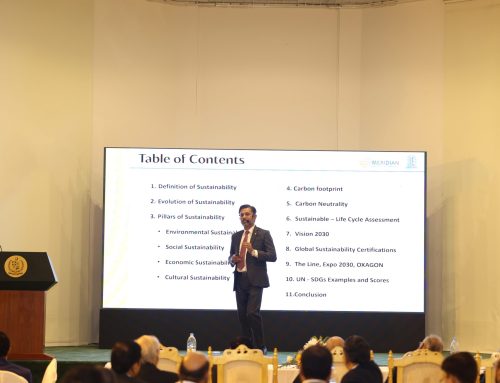What is Benchmarking
Benchmarking is the process of determining who is the very best, who sets the standard, and what that standard is. In baseball, you could argue that seven consecutive World Series Championships made the New York Yankees the benchmark. If we were to benchmark “world conquest”, what objective measure would we use to compare Julius Caesar to Adolph Hitler; Gengis Khan to Napoleon? Which of them was the epitome, and why? We do the same thing in business. Who is the best sales organization? The most responsive customer service department? The leanest manufacturing operation? And how do we quantify that standard?
Related Issues
Once we decide what to benchmark, and how to measure it, the object is to figure out how the winner got to be the best and determine what we have to do to get there.
Benchmarking is usually part of a larger effort, usually a Process Re-engineering or Quality Improvement initiative. The US Department of Energy’s Quality Management Implementation Guidelines shows one way of fitting it all together.
Why Should I Benchmark
If you don’t know what the standard is you cannot compare yourself against it. If a customer asks “What is the MTBF on your widget?” it is not enough to know that your Mean Time Between Failures is 120 hours on your standard widget and 150 for your deluxe widget.
You also have to know where your competitors stand. If the company against whom you are competing for this order has a MTBF of 100 hours you are probably okay. However, if their MTBF is 10,000 hours who do you think will get the order?
What can I Benchmark
Most of the early work in the area of benchmarking was done in manufacturing, like the example above.Now benchmarking is a management tool that is being applied almost anywhere. The Fortune Magazine article “Beat the Budget and Astound your CFO” outlines how Rank Xerox even applied benchmarking to their sales effort. (Note: This article is now in their archives and there is a small fee if you are not a subscriber.)
Where can I learn more
The Benchmarking in Australia site includes the feature “Ten Benchmarking Mistakes to Avoid” which is a good place to start. The Defense Technical Information Center maintains an Electronic College of Process Improvement site on the web. Their Executive Overview is an excellent summary.
The VA Office of Acquisition and Materiél Management’s Guide to Logistics Best Practices has extensive citations in both categories. And the American Productivity & Quality Center has a page of benchmarking terms.
Final Thoughts
You know you need to benchmark, but you are just too busy. Well if you don’t benchmark, and then
implement improvements based on it, you will find yourself out of business. Then you’ll have plenty of time to
benchmark, but it won’t matter.



Leave A Comment